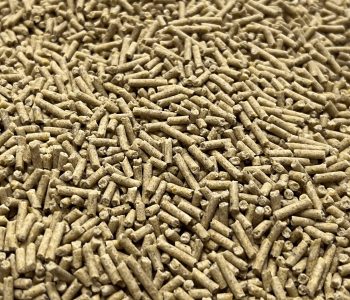The European Federation of Compound Feed Manufacturers (FEFAC) has expressed its concern over the recent decision by the European Commission to impose provisional anti-dumping duties on lysine imports from China.
The measure, published on 14 January 2025 under Regulation (EC) No. 74/2025, has raised concerns in the EU livestock and feed sector due to its potential economic and supply impact.
FEFAC President Pedro Cordero highlighted that the European Union depends on China for 60% of its lysine demand, equivalent to approximately 500,000 tons annually.
According to Cordero, the provisional tariffs, described as “extremely high,” could lead to significant market imbalances.
“There are not enough alternative supplies from EU production or third countries to replace these imports. This measure could have serious negative economic consequences for the EU livestock and feed sector,” he warned.
For this reason, the federation urged the European Commission to provide specific financial compensation for livestock farmers, particularly in the pig and poultry sectors, which would be the most affected.
Despite its opposition to dumping practices, FEFAC emphasized the need for structural measures to strengthen the autonomy of the European feed additive sector.
In Cordero’s words, it is crucial for the EU to recognize essential amino acids and vitamins as “critical raw materials.” He also urged the Commission to promote investments that would increase production and diversify the supply chain of these products in Europe:
«FEFAC does not condone dumping practices that distort fair competition. FEFAC also supports any targeted EC policy measures that could help strengthen the competitiveness of EU feed additive producers, which could reduce strategic dependence on China for critical feed additives. For this reason, FEFAC urges the EU to recognize essential amino acids and vitamins as ‘critical raw materials.».
You may also be interested in reading: “UK cautiously explores lifting the ban on PAP feed for pigs & poultry”
